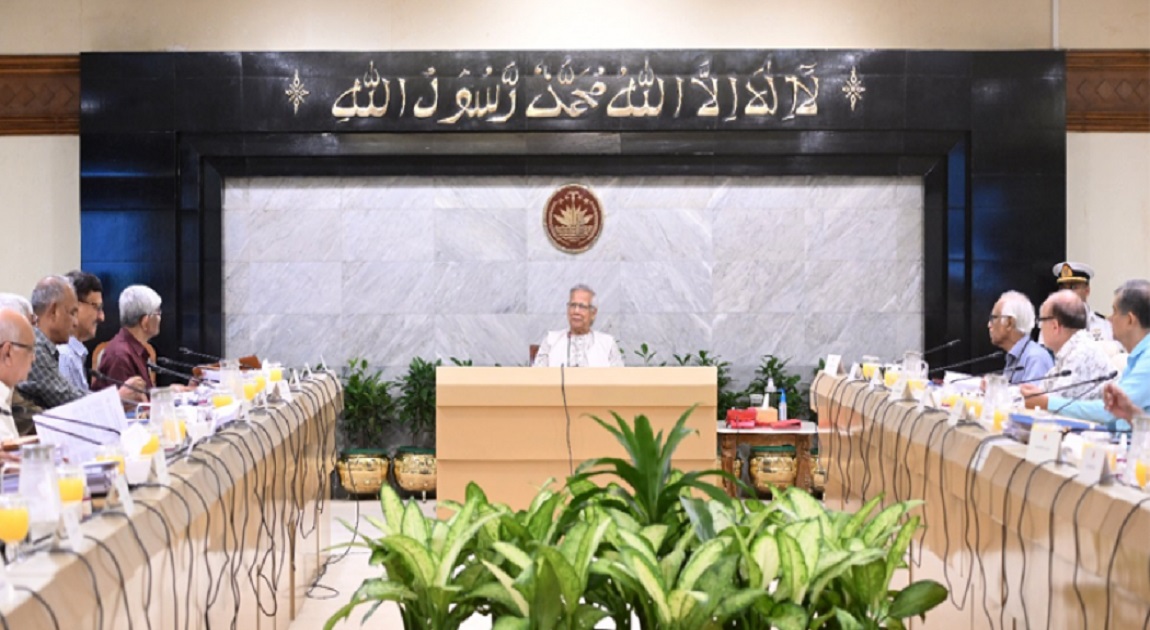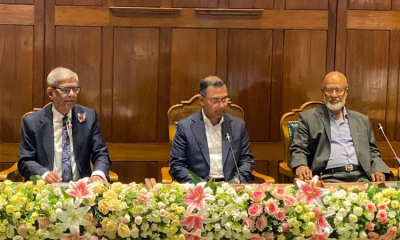The Advisory Council has given in-principle approval to a proposal for merging five private commercial banks to form a new Shariah-based Islamic bank.
The decision was made on Thursday (October 9) at a meeting of the Advisory Council, presided over by Chief Adviser Professor Dr. Muhammad Yunus, at the Chief Adviser’s Office in Tejgaon, Dhaka.
According to the proposal, the five banks to be merged are First Security Islami Bank, Global Islami Bank, Union Bank, EXIM Bank, and Social Islami Bank.
The council also approved amendments to the Deposit Protection Act to make it more contemporary and effective for the banking and insurance sectors.
A valuation report presented at the meeting revealed that these banks are suffering from large volumes of classified loans or investments and capital shortfalls. Given the situation, the Bangladesh Bank and the Finance Division recommended merging the five financially weak banks under government ownership to form a sustainable Shariah-based Islamic bank.
The report also noted that ICB Islamic Bank PLC has been excluded from the merger process as its ownership issue is currently pending in court.
Despite receiving liquidity support for over a year, these banks have shown no financial improvement. Instead, their liquidity crises have worsened. The report highlighted that their capital deficits, high non-performing loan ratios, and provision shortages have reached critical levels, causing a loss of depositor confidence and posing a threat to overall financial stability in Bangladesh.
The Finance Division emphasized the urgency of bringing these troubled banks under the Bank Resolution Ordinance 2025 to restore stability in the financial sector, ensure discipline, rebuild public trust, and maintain a sustainable flow of credit to support economic growth.
The proposed new Islamic bank will be professionally and commercially operated. Bangladesh Bank estimated that the bank will require around Tk 35,000 crore in paid-up capital against an authorized capital of Tk 40,000 crore.
Under the initial plan, around Tk 15,000 crore of existing institutional deposits could be converted into capital through a bail-in process, while the government would inject the remaining Tk 20,000 crore as capital support.













-20260217073221.webp)



-20260216115008.webp)



















